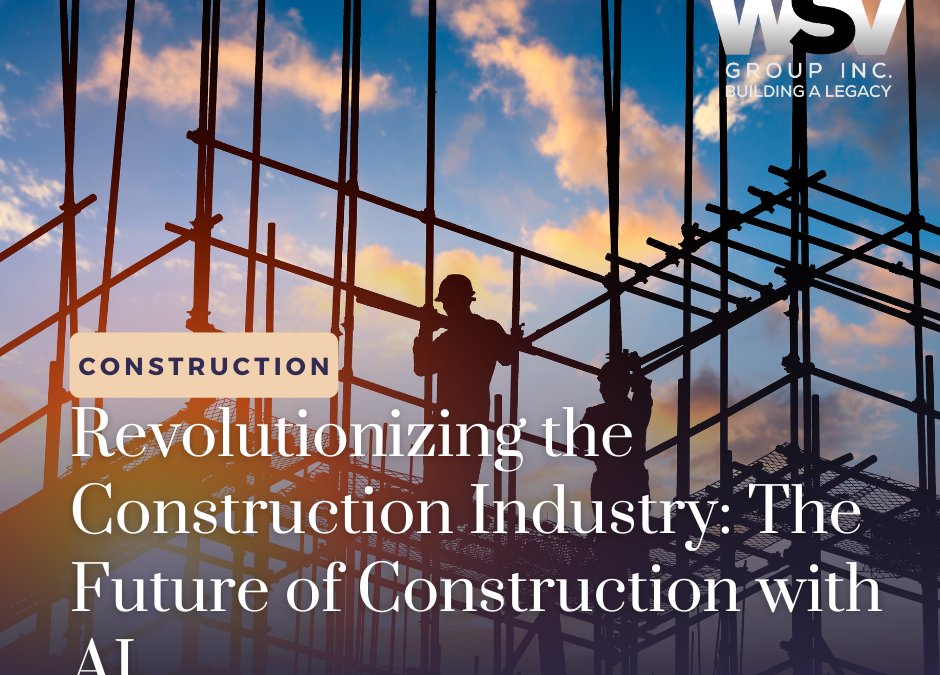In today’s rapidly evolving technological landscape, artificial intelligence (AI) is reshaping various sectors, and the construction industry is no exception. As we stand on the brink of a new era, AI is set to revolutionize the way we design, plan, and execute construction projects. In this blog post, we will explore the exciting advancements in AI technology and how they are shaping the future of construction.
1. Smart Design and Planning
AI algorithms analyze vast amounts of data to optimize construction site layouts, taking into account factors like sunlight, wind patterns, and energy efficiency. Through machine learning, AI can predict potential design flaws and offer solutions, ensuring buildings are not only aesthetically pleasing but also structurally sound and environmentally friendly.
2. Predictive Analytics for Project Management
AI-driven predictive analytics tools enable construction companies to forecast project timelines and budget requirements accurately. By analyzing historical project data, AI algorithms can identify patterns and trends, helping project managers make data-driven decisions. This leads to more efficient resource allocation, reduced costs, and timely project completion.
3. Safety Enhancement with AI
Safety is paramount in the construction industry. AI-powered sensors and cameras can monitor construction sites in real-time, detecting potential hazards and alerting workers to take preventive measures. Moreover, AI algorithms can analyze workers’ movements to identify unsafe practices, thereby reducing accidents and ensuring a safer working environment.
4. Robotic Construction Workers
The integration of AI and robotics has led to the development of robotic construction workers that can perform tasks that are dangerous or labor-intensive for humans. These robots can lay bricks, pour concrete, and even 3D print entire structures with precision and efficiency. By automating repetitive tasks, construction companies can significantly increase productivity and reduce labor costs.
5. Sustainable Construction Practices
AI plays a crucial role in promoting sustainability in construction. By analyzing environmental data and materials’ properties, AI algorithms help architects and engineers choose eco-friendly materials and design energy-efficient buildings. Additionally, AI-driven construction equipment optimizes fuel consumption and reduces emissions, contributing to a greener planet.
6. Enhanced Collaboration and Communication
AI-powered collaboration tools facilitate seamless communication among project stakeholders. Virtual reality (VR) and augmented reality (AR) technologies, driven by AI, enable architects, engineers, and clients to visualize construction projects in 3D. This immersive experience fosters better understanding and collaboration, leading to more accurate project outcomes.
Conclusion
The future of construction with AI is bright and promising. By harnessing the power of artificial intelligence, the construction industry is becoming more efficient, cost-effective, and sustainable. Embracing these advancements not only improves project outcomes but also ensures the safety and well-being of construction workers. As AI continues to evolve, we can expect even more innovative solutions that will redefine the way we build our cities and shape the architectural landscape of tomorrow. Stay tuned for a future where creativity meets technology, transforming construction into a smarter and more environmentally conscious industry.

